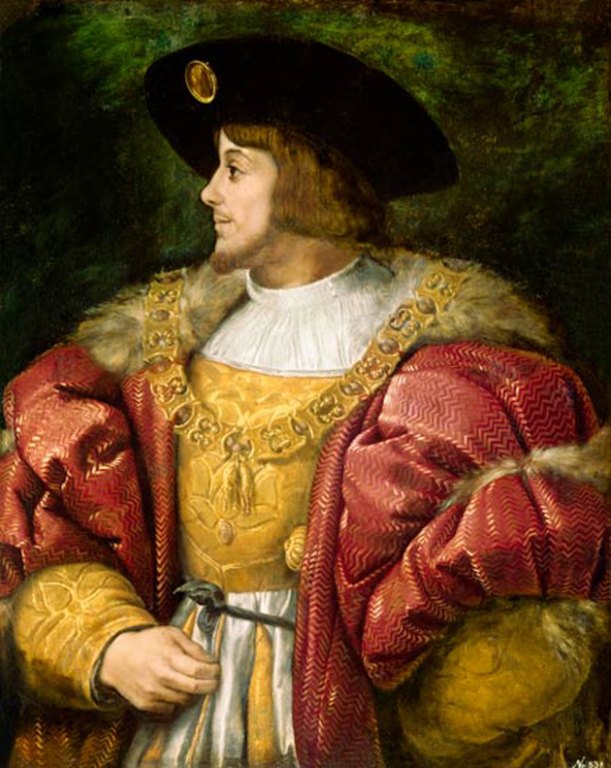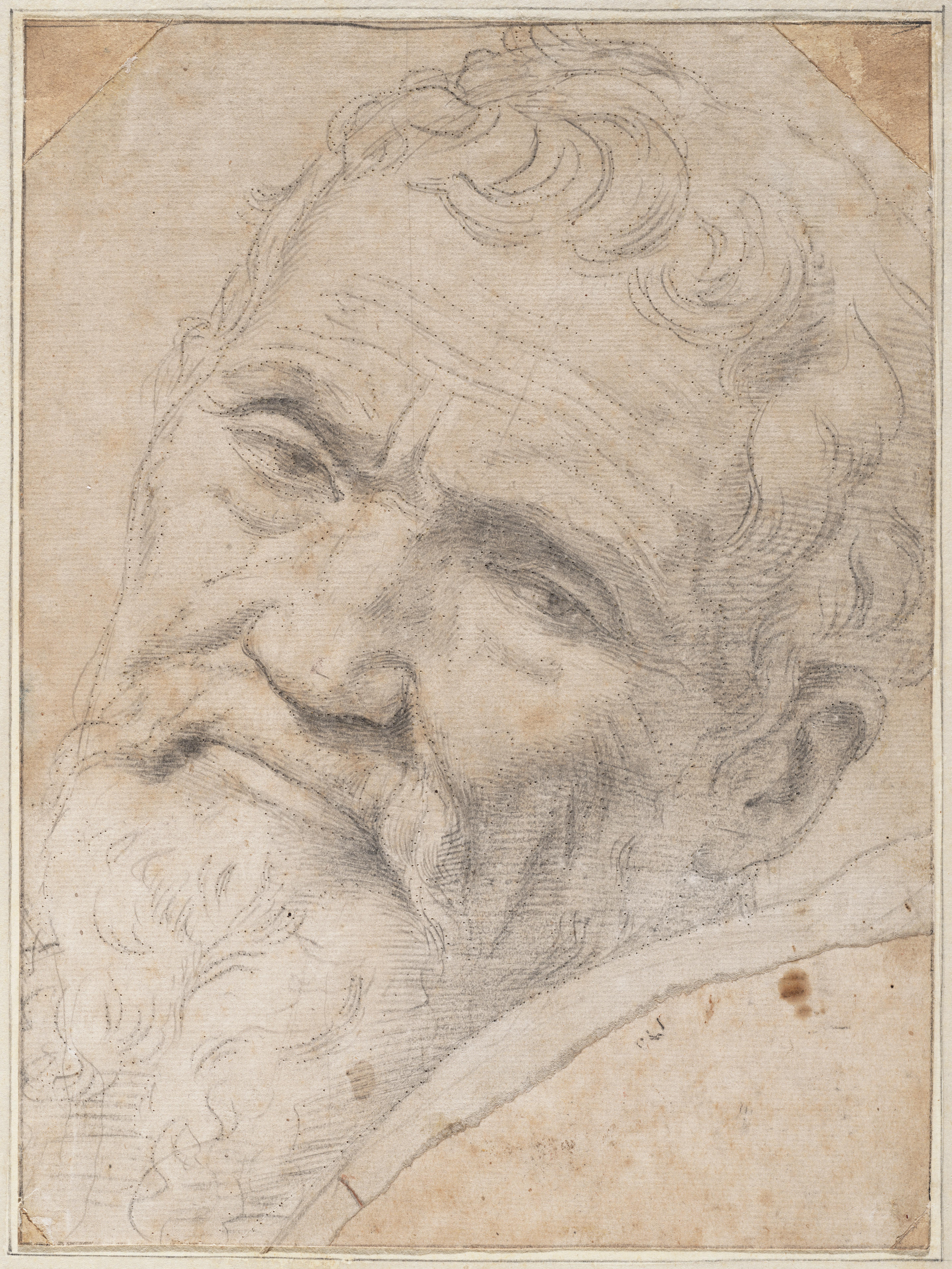|
Ladislaus Szalkai
Ladislaus or László Szalkai (1475-1526) was a Hungarian bishop, treasurer and chancellor. Life The son of a shoemaker from Mátészalka, he worked in the royal court from 1494, initially as a treasurer then as one of the royal secretaries. He was bishop of Vac (1513-1522), bishop of Eger (1524-1526), the archbishop of Esztergom (1524-1526) and primate of Hungary (from 1525). In the meantime he acted as royal treasurer (1516-1526) and chancellor (1518-1526). He was killed at the battle of Mohács The Battle of Mohács (; , ) took place on 29 August 1526 near Mohács, in the Kingdom of Hungary. It was fought between the forces of Hungary, led by King Louis II of Hungary, Louis II, and the invading Ottoman Empire, commanded by Suleima .... References {{DEFAULTSORT:Szalkai, Ladislaus 1475 births 1526 deaths People from Mátészalka 16th-century Roman Catholic bishops in Hungary ... [...More Info...] [...Related Items...] OR: [Wikipedia] [Google] [Baidu] |
Mátészalka
Mátészalka is a town in Szabolcs-Szatmár-Bereg county, in the Northern Great Plain region of eastern Hungary. It is on the Kraszna River, 52 kilometers from the city of Nyiregyhaza. Geography It covers an area of and has a population of 17,015 people (2011). The town was the birthplace of actor Tony Curtis' father, Emanuel Schwartz. Population In 2001, the population of Mátészalka was nearly 96% Hungarian, 3% Romani, and 1% German. History Mátészalka was created from the merger of two large villages: Máté, founded in 1231 and Szalka, created in 1268. From the fifteenth century, Mátészalka was a market settlement. From 1920 - 1950 it was the seat of the authorities of some of the committees Szatmár, Ugocsa and Bereg remaining in Hungary after the Trianon Treaty. In 1969 Mátészalka received city rights. The city is the seat of the regional ''Szatmári Múzeum''. The actor Tony Curtis was born Bernard Schwarz, and his parents were from Mátészalka. His ... [...More Info...] [...Related Items...] OR: [Wikipedia] [Google] [Baidu] |
Bishop Of Vac
A bishop is an ordained member of the clergy who is entrusted with a position of authority and oversight in a religious institution. In Christianity, bishops are normally responsible for the governance and administration of dioceses. The role or office of the bishop is called episcopacy or the episcopate. Organisationally, several Christian denominations utilise ecclesiastical structures that call for the position of bishops, while other denominations have dispensed with this office, seeing it as a symbol of power. Bishops have also exercised political authority within their dioceses. Traditionally, bishops claim apostolic succession, a direct historical lineage dating back to the original Twelve Apostles or Saint Paul. The bishops are by doctrine understood as those who possess the full priesthood given by Jesus Christ, and therefore may ordain other clergy, including other bishops. A person ordained as a deacon, priest (i.e. presbyter), and then bishop is understood to hold ... [...More Info...] [...Related Items...] OR: [Wikipedia] [Google] [Baidu] |
Bishop Of Eger
The Archdiocese of Eger () is a Latin Church archdiocese of the Catholic Church in Northern Hungary, its centre is the city of Eger. History * 1000: Established as Diocese of Eger * August 9, 1804: Promoted as Metropolitan Archdiocese of Eger with four suffragan dioceses: Roman Catholic Diocese of Satu Mare, Satu Mare (until 1930), Roman Catholic Diocese of Spiš, Spiš (until 1937), Roman Catholic Diocese of Košice, Košice (until 1977) and Roman Catholic Diocese of Rožňava, Rožňava (until 1977) * 1993: It received two new suffragan dioceses, Roman Catholic Diocese of Debrecen-Nyíregyháza, Debrecen-Nyíregyháza (then created) and Roman Catholic Diocese of Vác, Vác Ordinaries, in reverse chronogical order Archbishops of Eger * Csaba Ternyák (2007-present) * István Seregély (1987–2007) * László Kádár, O. Cist. (1978–1986) * József Bánk (1974–1978) * Pál Brezanóczy (1969–1972) * Gyula Czapik (1943–1956) * Lajos Szmrecsányi (1912–1943) * Józse ... [...More Info...] [...Related Items...] OR: [Wikipedia] [Google] [Baidu] |
Archbishop Of Esztergom
In Christian denominations, an archbishop is a bishop of higher rank or office. In most cases, such as the Catholic Church, there are many archbishops who either have jurisdiction over an ecclesiastical province in addition to their own archdiocese (#Non-metropolitan_archiepiscopal_sees, with some exceptions), or are otherwise granted a Titular bishop, titular archbishopric. In others, such as the Lutheranism, Lutheran Church of Sweden, the title is only borne by the leader of the denomination. Etymology The word ''archbishop'' () comes via the Latin . This in turn comes from the Greek language, Greek , which has as components the etymons -, meaning 'chief', , 'over', and , 'guardian, watcher'. Early history The earliest appearance of neither the title nor the role can be traced. The title of "metropolitan" was apparently well known by the 4th century, when there are references in the canons of the First Council of Nicæa of 325 and Synods of Antioch, Council of Antioch of 341 ... [...More Info...] [...Related Items...] OR: [Wikipedia] [Google] [Baidu] |
Battle Of Mohács
The Battle of Mohács (; , ) took place on 29 August 1526 near Mohács, in the Kingdom of Hungary. It was fought between the forces of Hungary, led by King Louis II of Hungary, Louis II, and the invading Ottoman Empire, commanded by Suleiman the Magnificent and his grand vizier, Pargalı Ibrahim Pasha. The Ottomans achieved a decisive victory through superior planning, firepower, and a well-executed encirclement that overwhelmed the Hungarian forces. The Hungarian army, encouraged by the nobility to engage prematurely, launched a frontal assault that collapsed under coordinated Ottoman counterattacks. King Louis and much of the Hungarian aristocracy were killed, resulting in the destruction of the royal army and the end of the Jagiellonian dynasty in Hungary and Bohemia. The aftermath saw the partition of Hungary between the Ottoman Empire, the Habsburg monarchy, and the Eastern Hungarian Kingdom. The battle marked the beginning of sustained Ottoman–Habsburg wars and the ... [...More Info...] [...Related Items...] OR: [Wikipedia] [Google] [Baidu] |
1475 Births
Year 1475 ( MCDLXXV) was a common year starting on Sunday of the Julian calendar. Events January–December * January 10 – Battle of Vaslui (Moldavian–Ottoman Wars): Stephen III of Moldavia defeats the Ottoman Empire, which is led at this time by Mehmed the Conqueror of Constantinople. * July 4 – Burgundian Wars: Edward IV of England lands in Calais, in support of the Duchy of Burgundy against France. * August 29 – The Treaty of Picquigny ends the brief war between France and England. * November 13 – Burgundian Wars – Battle on the Planta: Forces of the Old Swiss Confederacy are victorious against those of the Duchy of Savoy, near Sion, Switzerland. * November 14 – The original Landshut Wedding takes place, between George, Duke of Bavaria, and Hedwig Jagiellon. * December – The Principality of Theodoro falls to the Ottoman Empire, arguably taking with it the final territorial remnant of the successor to the Roman Kingdom a ... [...More Info...] [...Related Items...] OR: [Wikipedia] [Google] [Baidu] |
1526 Deaths
Year 1526 (Roman numerals, MDXXVI) was a common year starting on Monday of the Julian calendar. Events January–March * January 14 – Treaty of Madrid (1526), Treaty of Madrid: Peace is declared between Francis I of France and Charles V, Holy Roman Emperor. Francis agrees to cede Burgundy and abandons all claims to Flanders, Artois, Kingdom of Naples, Naples, and Duchy of Milan, Milan. * January 26 – The deadline for Forced conversions of Muslims in Spain, Spanish Muslims to convert to Christianity or leave is reached in the Crown of Aragon and the Principality of Catalonia as decreed by the edict of November 25 by Charles V, Holy Roman Emperor acting in his capacity as King of Spain. The deadline for the Kingdom of Valencia had passed on December 31, 1525. * February 6 – Suleiman the Magnificent, Sultan of the Ottoman Empire, agrees to form a military alliance with Kingdom of France, France, after King Francis I of France, François I sends a proposa ... [...More Info...] [...Related Items...] OR: [Wikipedia] [Google] [Baidu] |
People From Mátészalka
The term "the people" refers to the public or common mass of people of a polity. As such it is a concept of human rights law, international law as well as constitutional law, particularly used for claims of popular sovereignty. In contrast, a people is any plurality of persons considered as a whole. Used in politics and law, the term "a people" refers to the collective or community of an ethnic group or nation. Concepts Legal Chapter One, Article One of the Charter of the United Nations states that "peoples" have the right to self-determination. Though the mere status as peoples and the right to self-determination, as for example in the case of Indigenous peoples (''peoples'', as in all groups of indigenous people, not merely all indigenous persons as in ''indigenous people''), does not automatically provide for independent sovereignty and therefore secession Secession is the formal withdrawal of a group from a Polity, political entity. The process begins once a group p ... [...More Info...] [...Related Items...] OR: [Wikipedia] [Google] [Baidu] |




